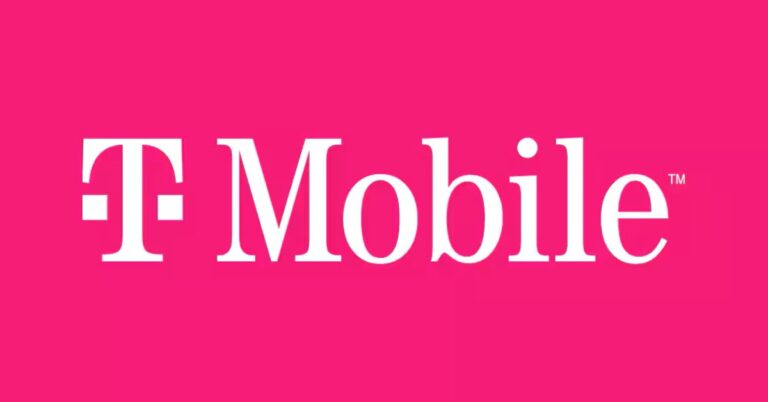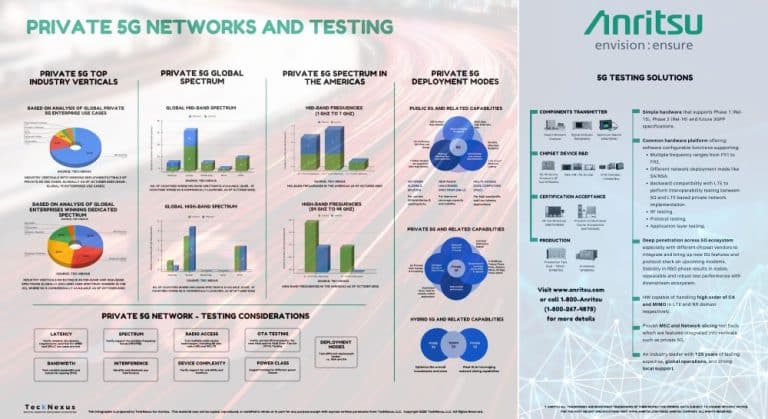OneLayer, a pioneer in securing private LTE/5G networks for enterprises, announced today that it will be deploying its security platform for private 5G cellular networks in two hospitals in Israel– Galilee Medical Center and The Baruch Padeh Medical Center, Poriya. The networks will be based on Nokia’s equipment and installed by Cellcom with support from the Israel Innovation Authority (IIA).
Increasingly, hospitals and enterprises are building private cellular networks that employ LTE/5G infrastructure. Cellular networks require an entirely new security solution, one that can map the connected devices from cellular protocols to the IP-based world. With this translation in place, asset visibility and context-based segmentation can be implemented to secure the thousands of OT and IoT devices that are used across an enterprise. With OneLayer, enterprises can now ensure secure and rule-based communication across the cellular and IP network, as well as implement firewall and network access control (NAC) within the private cellular networks. By installing OneLayer, companies gain full visibility of the cellularly connected devices allowing them to detect anomalies and take action to protect against external threats.
The project will be one of the first to utilize Edge Cloud Slicing, an architecture that relies on the public 5G environment for signaling while keeping the data flow local to the enterprise’s core. OneLayer supports this important deployment model and will work closely with Nokia and Cellcom to demonstrate how end-to-end security and management can be achieved within an Edge Cloud Slicing environment.
In addition to the cellular integration, OneLayer will integrate with Medigate by Claroty on the network security side to provide complete visibility of all the IoT/OT devices in the medical network and with Cisco Identity Service Engine (ISE) NAC to enable enterprise-wide consistent policy enforcement for all the devices in the operation technology (OT) network.
“With the deployment of the private 5G network and OneLayer’s security platform, the hospital will be able to securely connect its devices without compromising speed, patient data, or health security,” said Dany Zohar, Director of Infrastructure and Information Security, CTO Division of Government Hospitals at the Israeli Ministry of Health. “The visibility and context-based segmentation provided by OneLayer will properly enable the ability to connect different types of equipment on the same network – a basic requirement for hospitals as they become more and more connected.”
“Providing an enterprise-grade security approach is a crucial part of private cellular network deployment. The two main needs are visibility and segmentation,” said Dave Mor, CEO, and co-founder of OneLayer. “With OneLayer, enterprises, and hospitals can keep their security standards even on their private cellular networks, ensuring all medical devices and machinery are protected.”





















